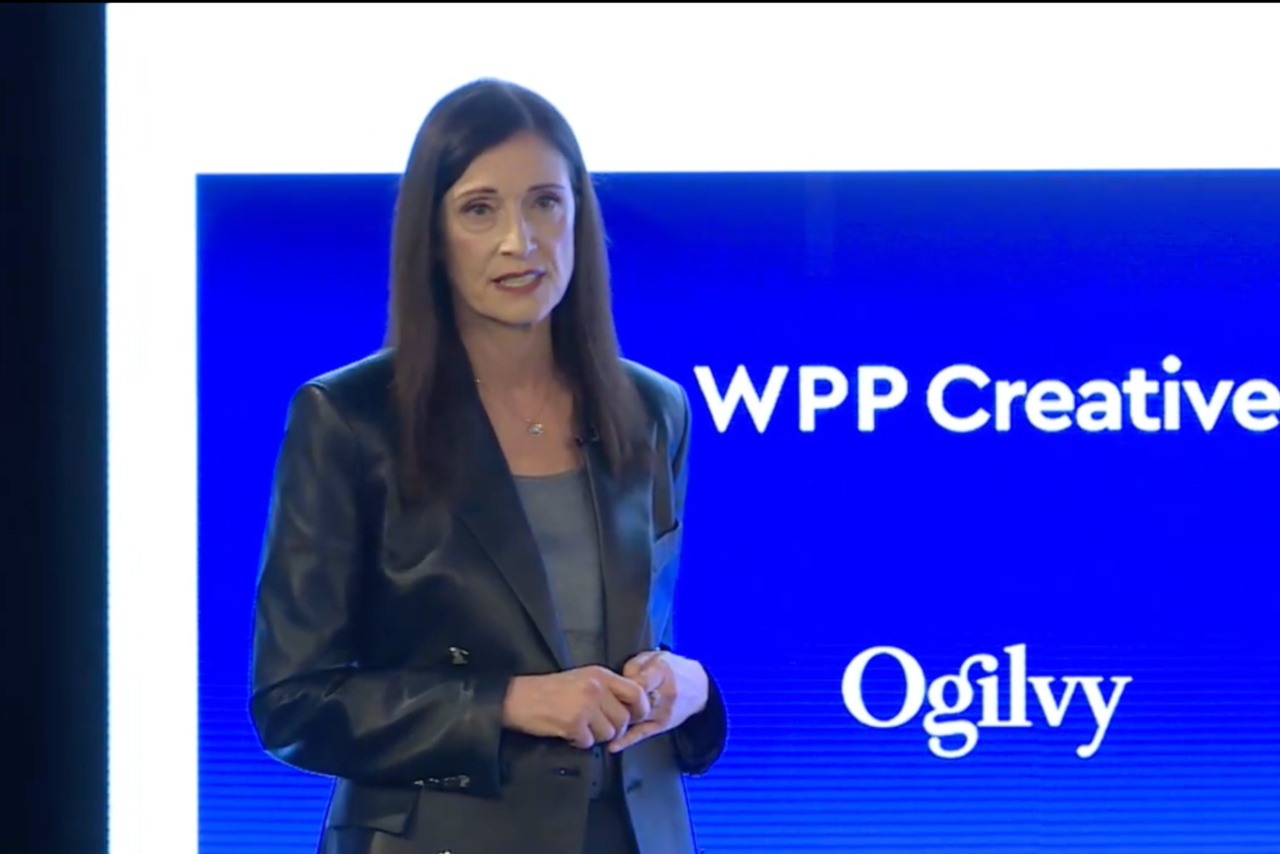Snapchat owner Snap has teamed up with WPP to launch global partnership The AR Lab, which promises to help brands build AR-based immersive experiences, with a focus on ecommerce.
The two companies said the deal would bring together WPP’s capabilities in creative, media, commerce and tech with Snap’s expertise in AR.
WPP, which is Snap’s first agency AR partner, will collaborate with the platform on products and technology such as the new Snapchat Trends tool, with which brands and agencies can use proprietary insights and data to inform creative and campaign development. The deal will also involve:
- A custom AR Lab Strategy Guide, covering best practices in AR creative development and how to seamlessly bring branded AR experiences to market
- A co-developed optimisation scorecard for WPP clients, aimed at improving the effectiveness of campaigns
The AR Lab Academy, billed as an industry-first training programme that will aim to certify at least 1000 WPP employees by the end of 2021
A quarterly AR production competition for WPP clients, sponsored by Snap, focused on clients in key markets, including the UK and US. Snap will provide funding to bring the winning campaigns to life on Snapchat at scale.
Sanja Partalo, executive vice-president, strategic development and partnerships at WPP, said: “AR has a major role to play in the future of marketing and commerce, from virtual try-on to immersive digital experiences. Snap has built an impressive AR platform and we are delighted to partner with them to ensure our people can access Snap’s latest AR technology and in turn develop richer, more innovative commerce solutions for our clients and their customers.”
David Roter, vice-president, global agency partnerships at Snap, added: “Over 200 million Snapchatters engage with AR every day. This partnership will help brands reach that community through the camera in ways that are engaging, impactful and drive real business results. We are thrilled to debut this initiative with WPP and look forward to driving this important frontier in marketing and commerce together with their clients around the globe.”
A recent study for Snap conducted by Deloitte Digital across 15 major markets including the UK, US and France found that consumers widely see AR as playing a major role in their interaction with brands in the years ahead, with 94% of respondents expecting to use AR for shopping purposes more or the same amount next year, compared with this one. The study forecast that by 2025, 4.3 billion people between the ages of 13 and 69 globally would be using AR – almost triple the number in 2021.
WPP said that its media buying arm, Group M, had doubled its social AR investment in the last year.
In February, WPP launched a partnership with rival social platform TikTok focused both on improving brand-safety on the platform and developing new ad products. The holding company has formed partnerships with other major tech companies such as Facebook in the past.











